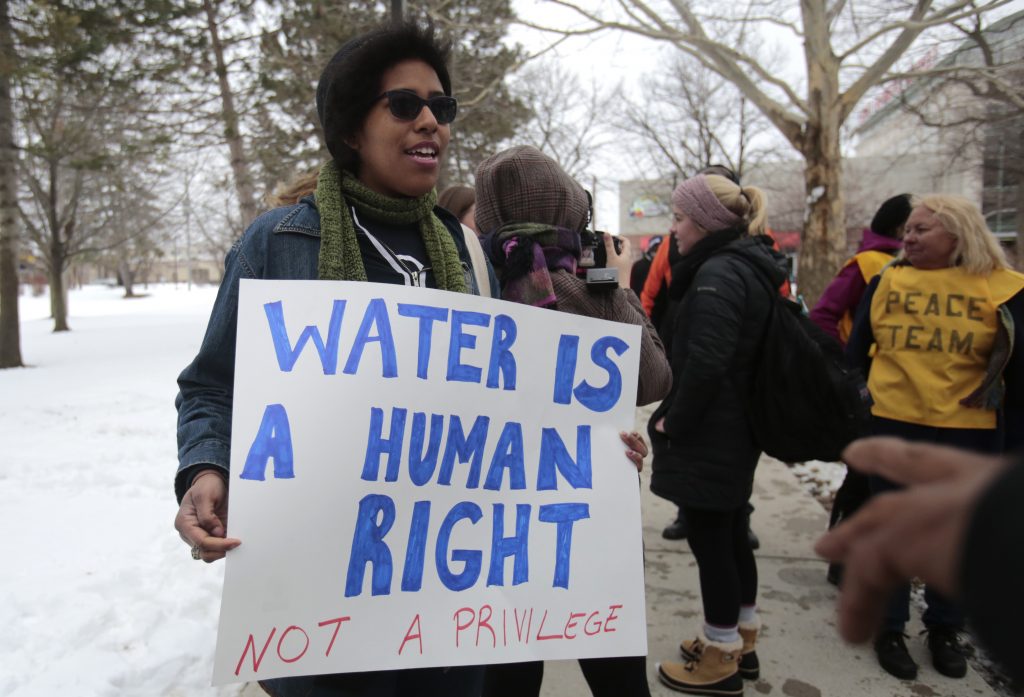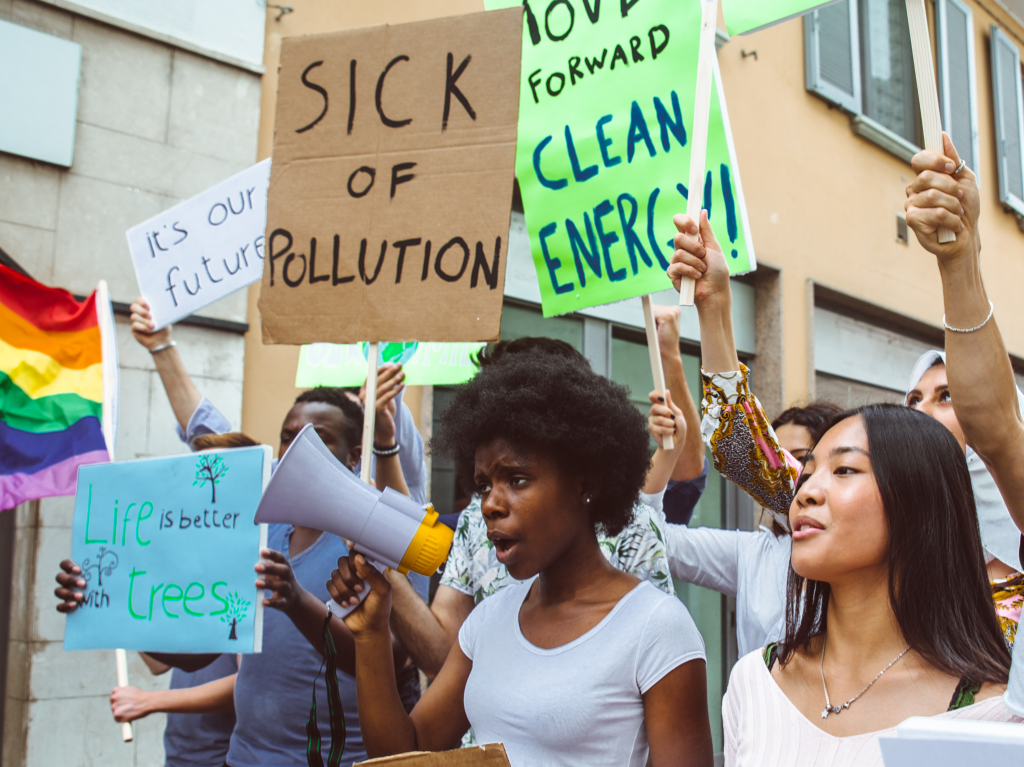Environmental justice (EJ) has become a driving theme in the mainstream energy and climate policy discourse, and EJ considerations have been at the forefront of the most substantial energy, climate, environmental, and infrastructure policy and personnel decisions of the new Biden-Harris administration. What does environmental justice mean, how has it evolved in recent years, and how might environmental justice guiding concepts, analytical frameworks, and goals become actionable policy under this administration?
Authors Clinton Britt, Andrea Clabough, and David Goldwyn address these questions in their new issue brief “Four things to know about environmental justice,” in which they provide an overview of the environmental justice movement and highlight the actions the Biden-Harris administration and Congress have taken and are expected to take to tackle systemic injustice and environmental racism. In addition, the authors evaluate the potential impact of EJ considerations on the future of infrastructure siting and permitting and offer key recommendations for how private firms can integrate environmental justice into their business practices to benefit local communities and their bottom line.
Related content
Learn more about the Global Energy Center

The Global Energy Center develops and promotes pragmatic and nonpartisan policy solutions designed to advance global energy security, enhance economic opportunity, and accelerate pathways to net-zero emissions.
Image: Demonstrators protest over the Flint, Michigan contaminated water crisis outside of the venue where the Democratic US presidential candidates’ debate was held in Flint, Michigan, in March 2016. REUTERS/Rebecca Cook

